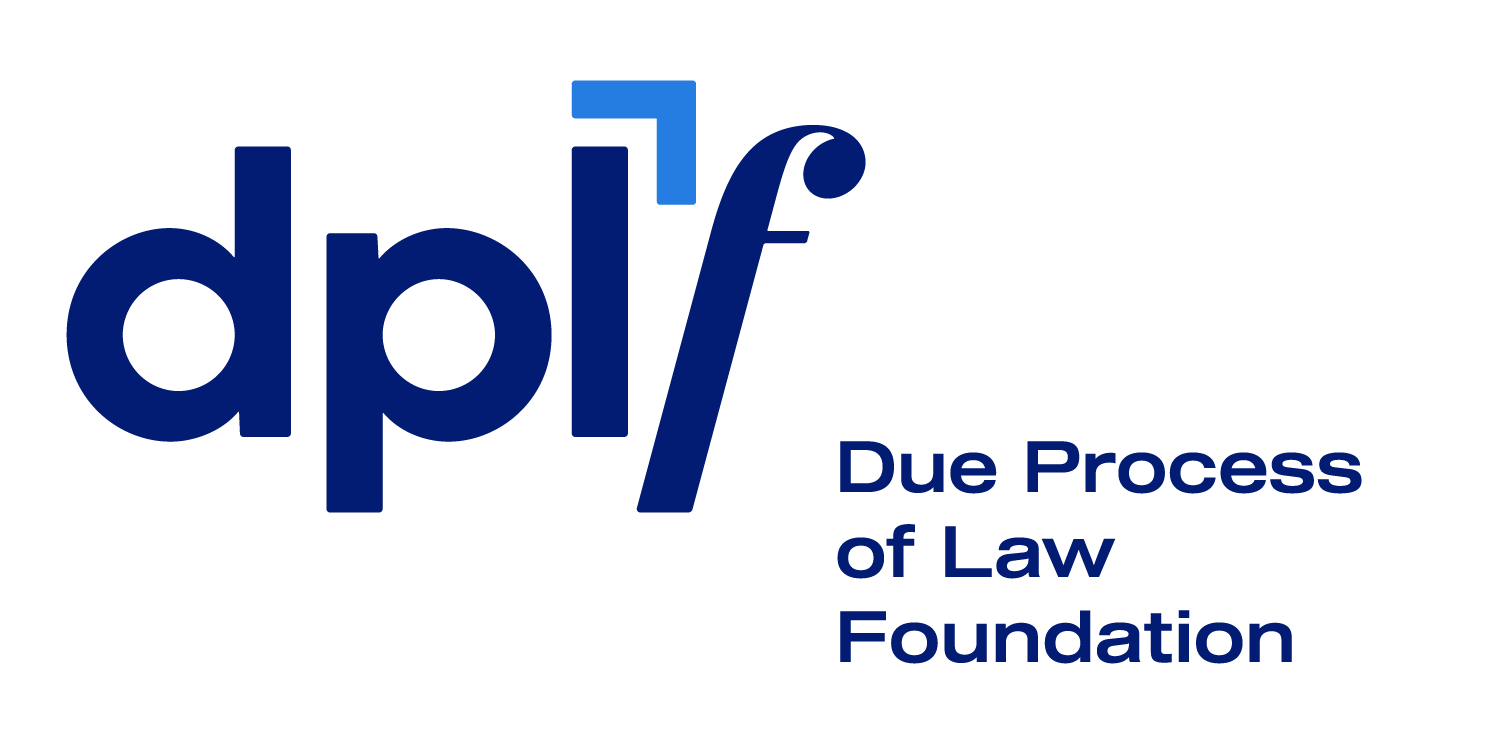- National Human Rights Commission should address undue investigation of three recognized human rights defenders by the Attorney General’s Office.
The undersigned organizations express our deep concern at the continuing lack of accountability for acts of criminalization, including undue investigation of cell phone records, against human rights defenders Ana Lorena Delgadillo (director and founder of the Foundation for Justice and the Democratic Rule of Law (FJEDD)), Mercedes Doretti (scientist and expert in cases of serious human rights violations, founder of the Argentine Forensic Anthropology Team (EAAF)), and Marcela Turati (journalist recognized for her reporting on disappearances and other serious human rights violations). These three defenders were criminalized by agents of the organized crime division of the then-Attorney General’s Office (Procuraduría General de la República, PGR), some of whom still work there. Presumably, the defenders were targeted in retaliation for their defense of human rights and their exercise of critical journalism.
As has been public knowledge since November 2021, the three recognized human rights defenders were the subject of undue investigative proceedings beginning in 2016, including investigation of their telephone records and other information from their cell phones. This occurred within federal criminal investigation AP/PGR/SIEDO/UEIS/197/2011, which was opened to investigate the massacre of hundreds of people in San Fernando, Tamaulipas in 2011 (known as the case of the clandestine graves or San Fernando II). The improper investigation included use of the specialized legal framework for combating organized crime against the human rights defenders. It is worth noting that the relationship of the three victims to the massacre investigation is precisely in their capacity as representative of the families affected by the massacre (Ana Lorena Delgadillo), independent expert (Mercedes Doretti), and journalist who has covered the events (Marcela Turati).
We are extremely concerned that federal agents, instead of diligently working to solve the massacre case, have investigated the defenders and have requested and obtained, from public and private entities, private information about the three women, including personal and family data, phone records, text messages, and geographic locations. These acts not only have a negative impact on the three defenders and the families affected by the San Fernando massacre, but also contribute to a chilling effect for the defense of human rights in the country. The risk that the three human rights defenders will continue to be persecuted is latent, given that the National Prosecutor’s Office (Fiscalía General de la República, FGR) has not made any statement on the closure of the investigation against them and, on the contrary, it continued to carry out investigative proceedings even after a complaint was filed with its Internal Affairs unit over the organized crime prosecutors’ actions.
In this context, we were concerned to learn that on August 10, Mexico’s National Human Rights Commission (Comisión Nacional de los Derechos Humanos, CNDH) had closed the complaint filed by members of FJEDD and other human rights organizations for these acts. Subsequently, however, the victims met with members of the CNDH, who committed to reopening the complaint and continuing to analyze the case. It is essential that the reopening of the complaint lead to an investigation that addresses the violation of the rights to privacy, to the inviolability of private communications, to the truth, to receive legal counsel, to defend human rights, to freedom of the press, among others, contributing to accountability for the criminalization of the three defenders.
We urge the Mexican authorities to guarantee through all relevant channels, including the criminal investigation currently open for these acts, the punishment of these human rights violations, the cessation of similar reprisals, and the safety of the defenders if they request protection measures. No one should be criminalized for defending human rights.
Sign:
Due Process of Law Foundation (DPLF)
Human Rights Watch
Latin America Working Group Education Fund (LAWGEF)
Robert F. Kennedy Human Rights
Washington Office on Latin America (WOLA)
